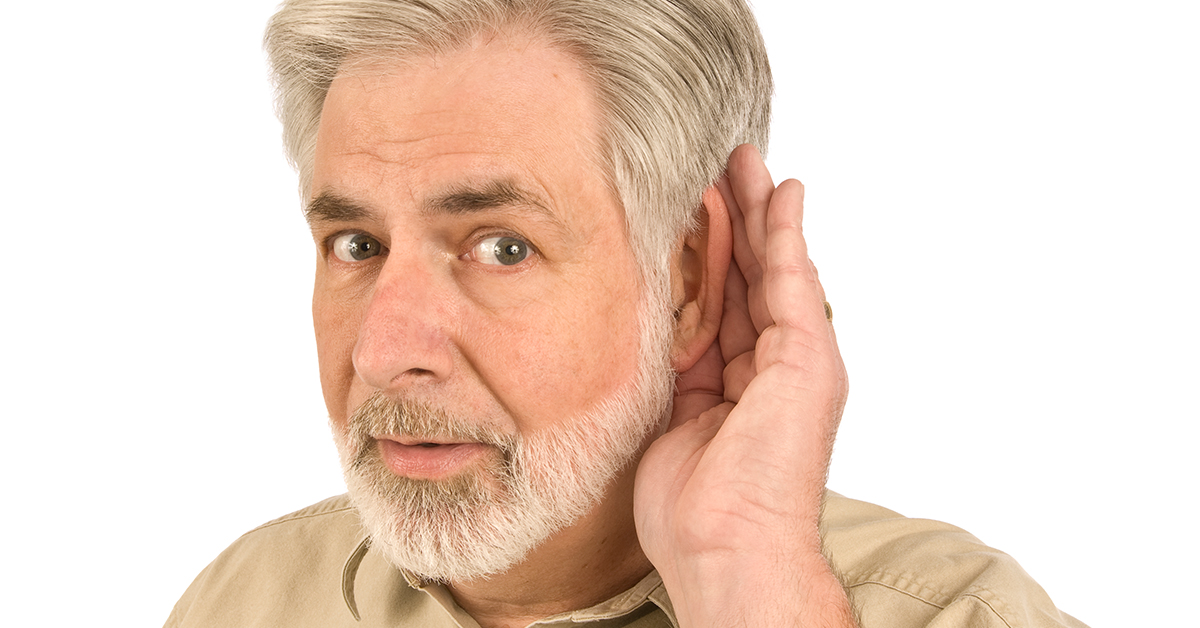
Sudden sensorineural hearing loss or sudden deafness, is a rapid loss of hearing occurring over 1 to 3 days. It should be considered a medical emergency. A person who experiences SSHL should visit a doctor immediately.
A doctor can determine whether a person has experienced sudden sensorineural hearing loss by conducting a normal hearing test. If a loss of at least 30 decibels in three connected frequencies is discovered, it is diagnosed as SSHL. Hearing loss affects only one ear in 9 out of 10 people who experience SSHL. Many people notice it when they wake up in the morning. Others first notice it when they try to use the deafened ear, such as when they make a phone call. Still others notice a loud, alarming “pop” just before their hearing disappears. People with SSHL often experience dizziness or a ringing in their ears (tinnitus), or both.
Some patients recover completely without medical intervention, often within the first 3 days. This is called a spontaneous recovery. Others get better slowly over a 1 or 2 week period. Although a good to excellent recovery is likely, 15 percent of those with SSHL experience a hearing loss that gets worse over time.
Approximately 4,000 new cases of SSHL occur each year in the United States. It can affect anyone, but for unknown reasons it happens most often to people between the ages of 30 and 60.
Sudden hearing loss treatment is somewhat controversial. Almost all otolaryngologist agree that early treatment (within three weeks from onset of symptoms) with steroids results in better outcomes than no treatment at all. There are numerous oral steroid regimens that have been used over the years. These are usually some high dose of prednisone for several days, followed by a slow taper over 1-2 weeks. Alternatively, many physicians are using intra-tympanic steroid delivery to treat recalcitrant SSHL and as initial treatment in many cases of SSHL, where oral therapy is contraindicated. This technique required a myringotomy (an incision in the ear drum) and then instilling a small amount of steroid into the middle ear space, where the medicine can be absorbed directly into the inner ear through the porous round window.
If you have experienced a sudden decline in your hearing in one or both ears, that does not spontaneously resolve in a day or so, you should consider your condition an emergency that needs immediate attention by a physician who can diagnose hearing loss and rule out treatable causes of hearing loss. This usually means an otolaryngologist (ENT specialist). Sometimes, something as simple as build-up of ear wax can cause sudden hearing loss and can be treated in the office. If, however, other causes of acute hearing loss are ruled out, steroid therapy is indicated and should be started as soon as possible.
Hearing loss is one of the most common chronic conditions, but is an invisible handicap. Affected individuals are often ashamed or embarrassed by their handicap and pass it off as just another thing to live with. Unfortunately, such a passive approach may harm your overall health, as the studies cited above demonstrate.
There are sometimes treatable causes of hearing loss. Neural hearing loss is not “fixable”, but it can be rehabilitated. The main way hearing loss is corrected is by hearing aids. Many patients refuse to even consider hearing aids because they know someone who bought a pair of hearing aids and they never used them – tossed ‘em in the top drawer and never took ‘em out again. That is truly a shame. I never want anyone to pay for something that is not going to work. The key to happiness with your hearing aids is accurate diagnosis followed by proper counseling regarding the best type of hearing aid for your hearing impairment, and service after the sale. Ideally, you will have a chance to try out the hearing aids first, before buying. I’m proud to say that we are able to provide such comprehensive service here at Alabama Nasal and Sinus Center. We have two excellent audiologist who have specialized training in diagnostic testing and rehabilitation of hearing loss. If you have questions about hearing loss and/or hearing aids, please call to schedule an appointment, 205-980-2091.



